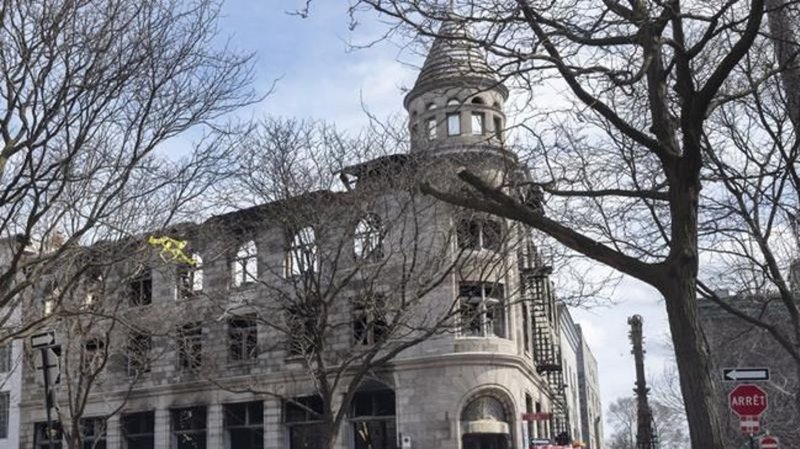
Quebec cracks down on Airbnb after deadly fire as some continue to evade rules
MONTREAL — The Quebec government’s crackdown on Airbnb has upended Montreal’s short-term rental market, leading some to welcome the changes and others scurrying to evade the new rules.
Last week, following a fire in Old Montreal that killed seven people — including six who were staying in unlicensed short-term rentals — Airbnb said it would remove illegal Quebec listings from its site. The Quebec government has said it would introduce a bill to force other platforms to do the same.
Montreal’s tourism promotion agency, Tourisme Montréal, said it welcomes Airbnb’s decision.
“At Tourisme Montréal, we often talk about being a harmonious destination; harmony takes different forms in the city, but there’s no harmony when it’s done illegally,” Aurélie de Blois, a spokeswoman for the agency, said in an interview. “There can’t be a healthy industry if it’s based on not respecting laws.”


